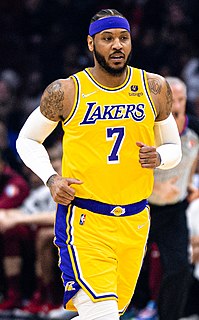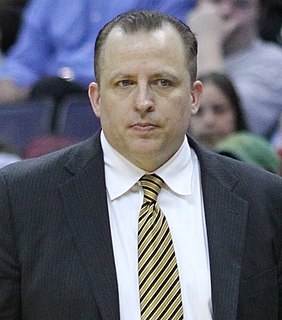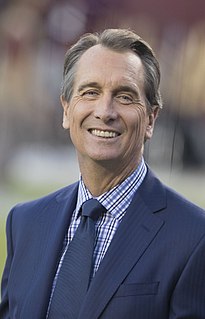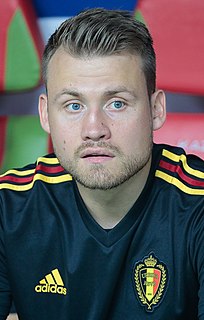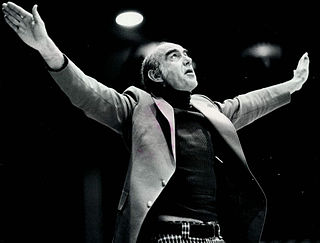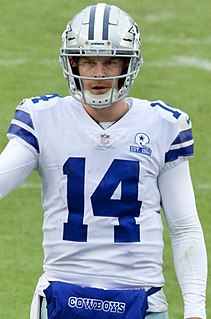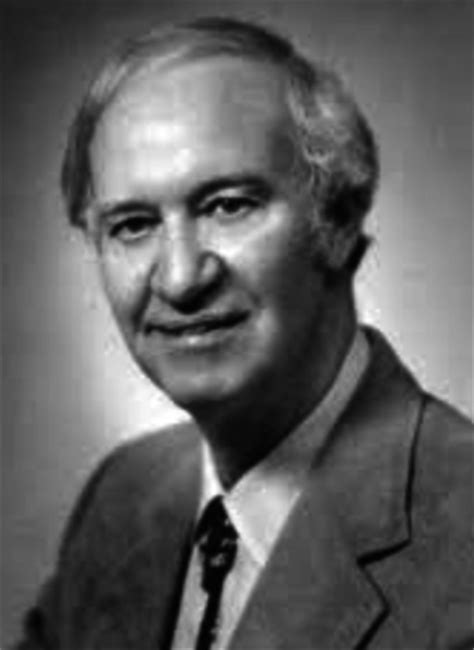A Quote by Peter Senge
Teams, not individuals, are the fundamental learning unit in modern organizations. This is where the "rubber stamp meets the road"; unless teams can learn, the organization cannot learn.
Related Quotes
There are some terrific resources on how to find individual purpose but relative resources on how to discover purpose and apply to an organization. My challenge was to show organizations how they could unlock the purpose of their organizations and put it to good use for employees to apply to their own jobs. The net effect is to help individuals, teams and organizations to optimize performance by understanding how to use purpose for good intention.
One way Great Teams can share their visions is by creatively laying out their plans and visions, creating a road map for its members to follow. A Great Team outlines expectations for all members of an organization and for the organization as a whole. This clear-cut set of objectives - a road map - enables the organization to set benchmarks and goals and ultimately to lay the foundation for its own success.
We will learn no matter what! Learning is as natural as rest or play. With or without books, inspiring trainers or classrooms, we will manage to learn. Educators can, however, make a difference in what people learn and how well they learn it. If we know why we are learning and if the reason fits our needs as we perceive them, we will learn quickly and deeply.



